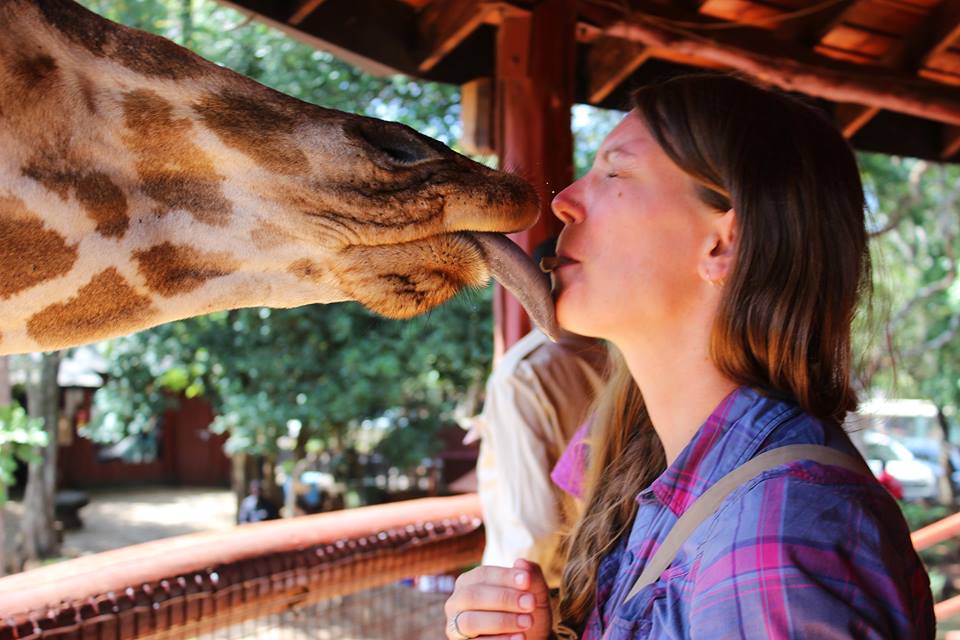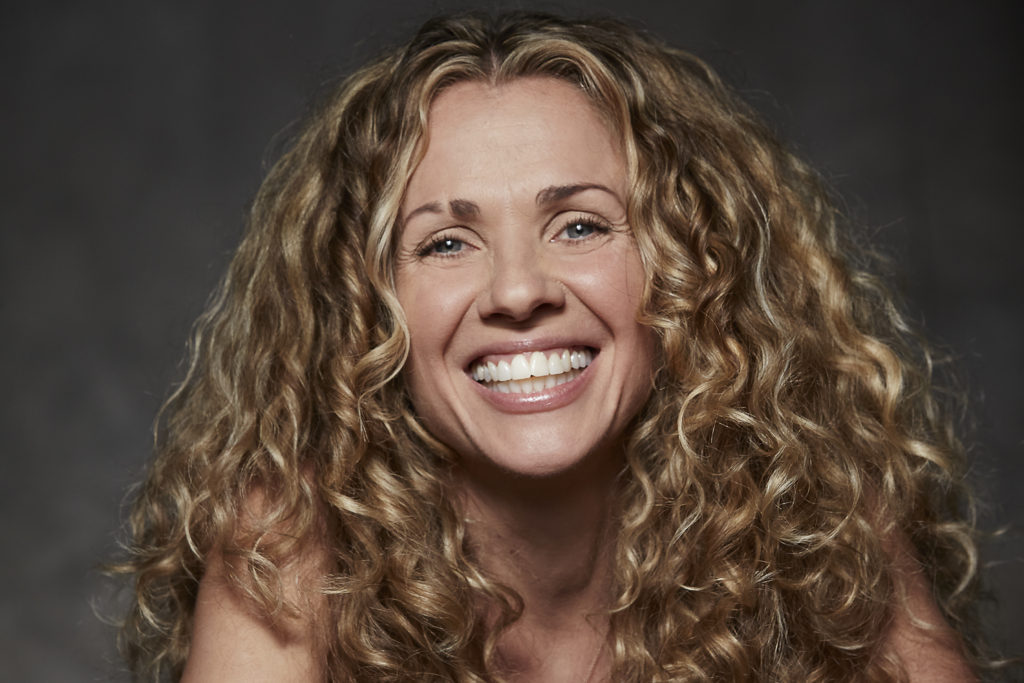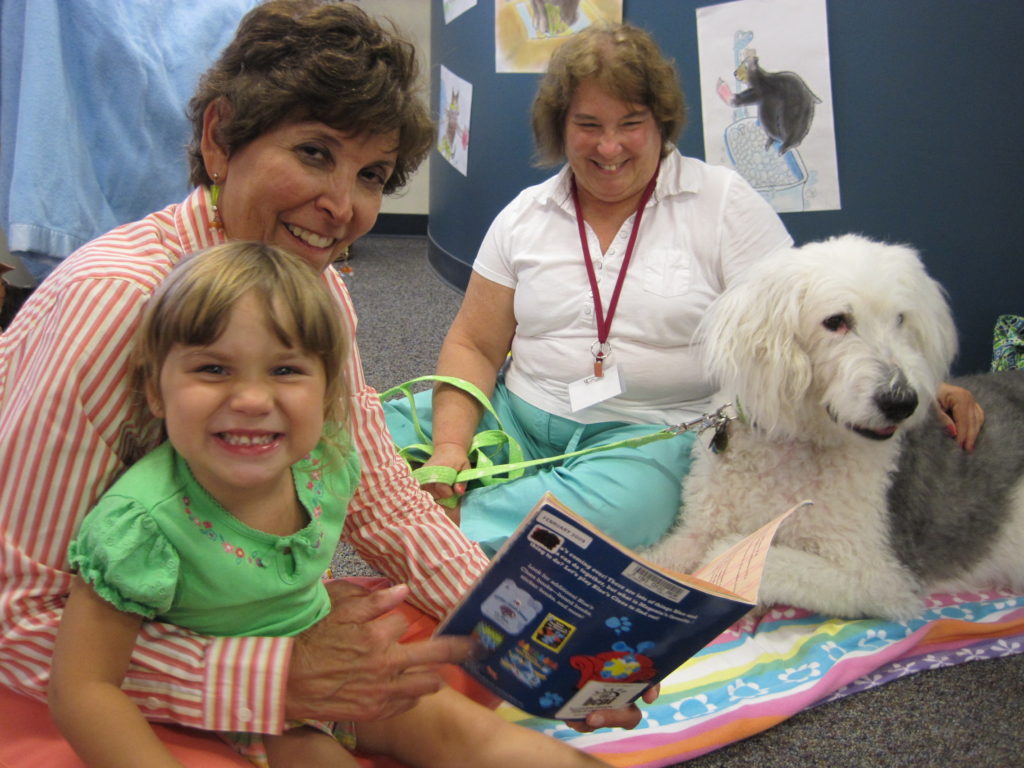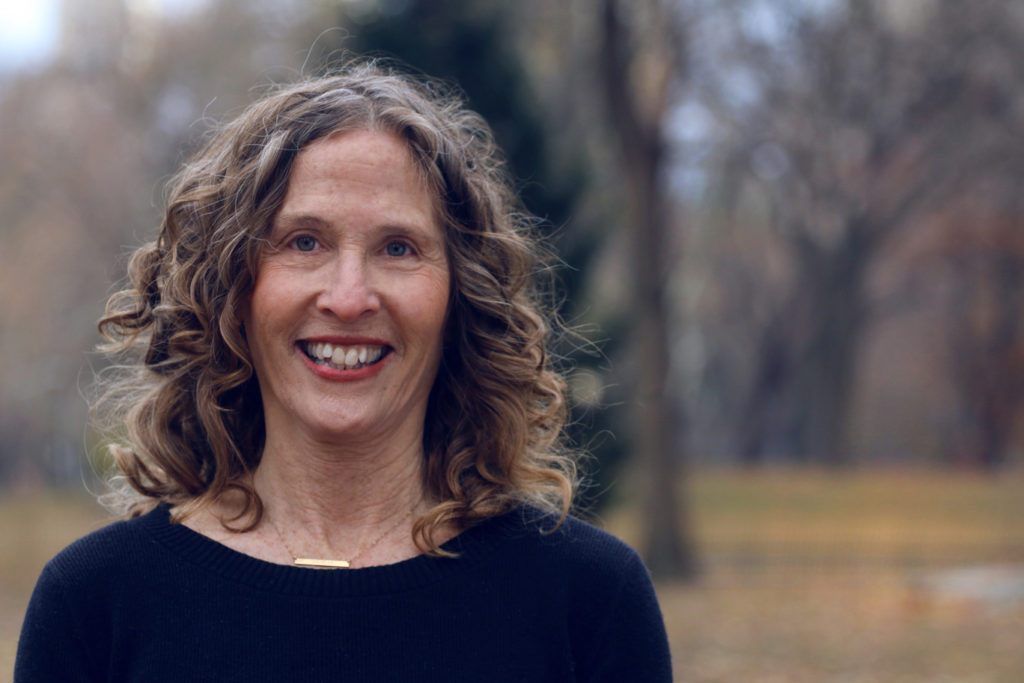4 Incredible Women Making a Difference in Animal Welfare

Though you may double-tap any Instagram photo starring an animal, likes don’t do much to improve their quality of life. From elephants captured in Thailand to amuse tourists to mistreated household pets, there are countless situations where humans need to change their attitudes to prioritize animal welfare. In an effort to build a better tomorrow for fauna of all kinds, these four incredible women have dedicated their lives to activism for animals. Here, discover their stories — and the meaningful ways you can contribute to a difference.
The activist who is paving the way for ethical animal tourism
Who: Nora Livingstone, CEO and Founder of Animal Experience International
Her history: Livingstone’s first love was dogs: big, small, fluffy, silky — she loved them all. But her appreciation for animals expanded with time, and soon she realized that even without a degree or certifications, there was an opportunity to make a difference in their welfare. She started to volunteer at shelters and wildlife centers, and eventually, she started her company, a certified B Corp, to give people like her access to activism. “I help hundreds of people a year volunteer on animal welfare programs that I have visited first, so I know that they are safe, ethical and authentic,” she explains.
Her proudest moments: “I have monitored horses on the Mongolian steppe, took part in dog rescues in New Orleans after hurricane Katrina, I have washed elephants in Thailand, cleaned up snares in giraffe conservancies in Kenya, tagged sea turtles in Costa Rica … and unbelievably that is just the start of the list,” she shares. Not only has she been able to get her hands dirty, but she’s helped hundreds of others do the same, creating what she calls “an ocean for change.”
Her goals: To keep on, keeping on! “Unfortunately, there are quite a few programs out there that are not trying to help animals or volunteers — they are just looking for money, so volunteers are put into unsafe situations and the animals are not cared for properly. I want to keep people and animals safe by making sure only ethical and authentic animal welfare programs exist,” she shares.
Her advice on how to help: Livingstone says it all starts with education and questions. Everyone should feel empowered to speak up. “Asking why an animal is in a cage or a tank is the first step to helping them live a happier life,” she advises. There’s a lot you can do on a day-to-day basis too. “Look around at the animals in your area — they aren’t much different to animals around the world. See a squirrel eating from a plastic container they found in the garbage or a swan making a nest out of plastics they found in a pond? This isn’t just in your area; single-use plastics are hurting animals everywhere so one of the easiest and quickest actions we can do right now is breaking up with single-use plastics.”

Photo by Normn Seeff
The vegan author who wants to shift our habits
Who: Seane Corn, yoga teacher, activist and author of Revolution of the Soul
Her history: 1985 was a big year for Corn — she was introduced to the horrors of factory farming by photographer Richard Avedon’s book, In the American West.
Her proud moments: Though there have been some big ones throughout her career, for Corn, it’s the everyday choices that bring her the most gratification. “Every day I choose not to support the meat, cheese, milk and leather industries by being a vegan.”
Her goals: For Corn, raising awareness about veganism is a major part of her strategy and aspirations. Each year, she holds a benefit for the Skylands Animal Sanctuary and Rescue, a connection she made through a childhood friend who founded the sanctuary.
Her advice on how to help: “Support local rescue sanctuaries. Adopt a rescue animal from your local shelter.”

The woman who is helping dogs by teaching kids to be kind
Who: Kelly Gould, founder of Karma Dogs
Her history: Early in her career, Gould worked with an animal organization based in Baltimore, but quickly grew tired of failing to convince adults that beating a dog was not effective housebreaking. “Where was the love? The kindness? I wasn’t seeing it and I wanted to change that for the next generation of kids in Baltimore. I wanted to find a way to help instill the idea in children that pets were not disposable — that they were a bigger more vibrant, more helpful part of our lives,” she explains. She identified that dogs were the perfect “audience” for children learning to read; as non-judgmental listeners, dogs never harm a learning child’s confidence, and the children look forward to reading out loud to 4-legged friends. Today, her organization, Karma Dogs, pairs rescue dogs with children, who become better readers, learn empathy and work toward their goals.
Her proud moments: She’s happy that she’s been able to improve the literacy of many children, but her biggest success is the Karma Dogs Oath of Kindness. “When children take the oath of kindness, they make a promise to the dog they’ve just worked with to be kind,” she shares. “It’s not uncommon for children to run up to me in stores locally and say, ‘Ms. Kelly! I still remember my promise and I taught my little sister how to meet a new dog safely!’ It makes my heart happy.” Gould says that approximately 10,000 kids have now taken the oath.
Her goal: “To teach kindness to children while they learn or improve a skill, which empowers them to do better, hopefully growing up into adults who teach their children to respect animals. What comes around, goes around.”
Her advice on how to help: Get involved with Karma Dogs — it’s a 100% volunteer-led organization.

Photo by NhRP
The woman fighting for animal rights
Who: Elizabeth Stein, Esq, staff attorney and New York counsel for the Nonhuman Rights Project, Inc.
Her history: As far back as she can remember, Stein has fostered a profound love and respect for animals. This has evolved from adopting a homeless cat as a child into putting her legal skills to work in the areas of animal welfare and animal rights.
Her proud moments: She’s worked across many sectors that benefit species of all kinds, but her largest contributions have been through her position with the only civil rights organization in the country to achieve the recognition and protection of the fundamental rights of nonhuman animals. Two standout cases include lawsuits involving chimpanzees and elephants. “On behalf of chimpanzees named Hercules and Leo, and an elephant named Happy, the courts took the groundbreaking and historic step of treating these nonhuman animals as they would human beings in allowing the lawsuits to proceed,” she shared. “Hercules and Leo have since been sent from their imprisonment in a lab to life in a chimpanzee sanctuary and Happy’s lawsuit continues with the hope that she too will be freed and sent to live in an elephant sanctuary.”
Her goals: She has one — and it’s huge: to achieve fundamental liberty rights for non-human animals. “I understand that this is a slow, deliberate and incremental process but the climate is right and progress is already being made,” she says.
Her advice on how to help: “There are so many animals in need and so many ways to help. Volunteer, donate, educate others, and do whatever you can to make a statement on behalf of animals,” Stein says.





